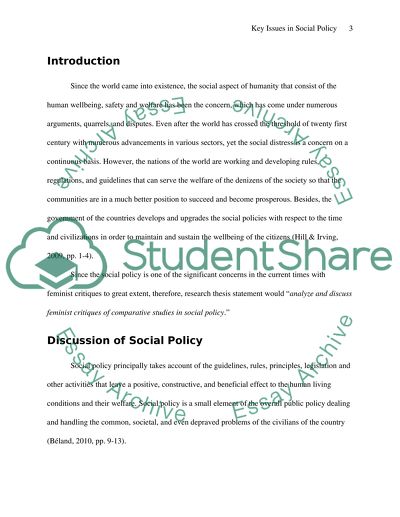Cite this document
(“Key Issues in Social Policy Essay Example | Topics and Well Written Essays - 3500 words”, n.d.)
Retrieved from https://studentshare.org/sociology/1397575-key-issues-in-social-policy
Retrieved from https://studentshare.org/sociology/1397575-key-issues-in-social-policy
(Key Issues in Social Policy Essay Example | Topics and Well Written Essays - 3500 Words)
https://studentshare.org/sociology/1397575-key-issues-in-social-policy.
https://studentshare.org/sociology/1397575-key-issues-in-social-policy.
“Key Issues in Social Policy Essay Example | Topics and Well Written Essays - 3500 Words”, n.d. https://studentshare.org/sociology/1397575-key-issues-in-social-policy.


